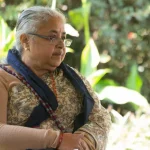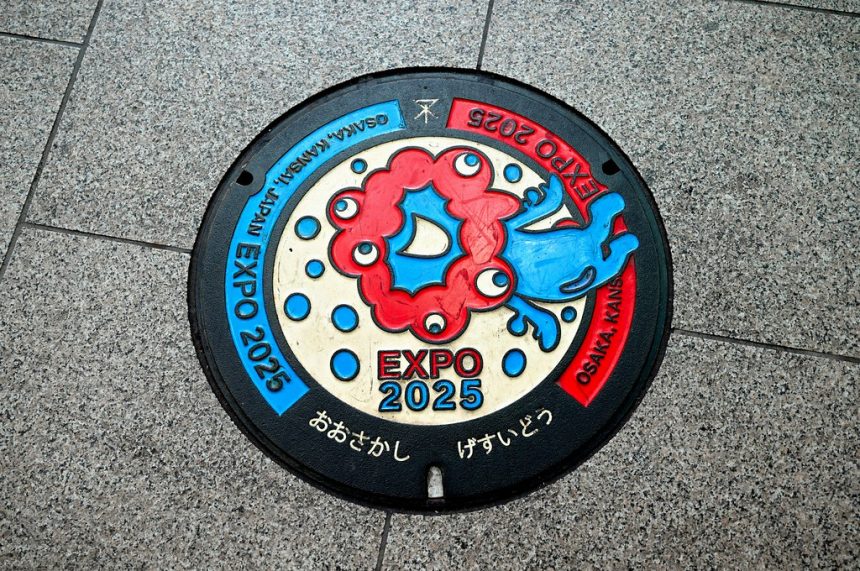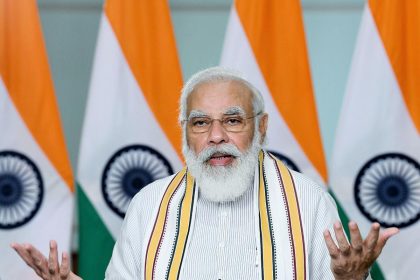In a remarkable confluence of history and modernity, 25-year-old Fumiya Takenawa gained entry to Expo 2025 in Osaka using a ticket originally issued for the 1940 Grand International Exposition of Japan—a world fair that was ultimately canceled due to World War II.
A Ticket Through Time
The 1940 exposition, often referred to as the “phantom expo,” was scheduled to take place in Tokyo but was indefinitely postponed as Japan became embroiled in the Second World War. Approximately one million ticket booklets were sold in 1938, each containing 12 tickets priced at 10 yen, equivalent to about 17,000 yen (US$118) today. Amid the chaos of the war, ticket holders were unable to claim refunds.
Takenawa, an avid collector of expo-related memorabilia, purchased one of these historic tickets online in March. Initially, he kept it as a display piece but later inquired with the Japan Association for the 2025 World Exposition about its validity. To his surprise, he was informed that if the ticket was authentic and met certain conditions, it would be honored.
Honoring Historical Commitments
This gesture aligns with past practices; during the 1970 Osaka Expo and the 2005 Aichi Expo, organizers issued “invitation tickets” to holders of the 1940 passes. An estimated 3,000 were redeemed at the 1970 Expo and about 100 at the 2005 event.
In Takenawa’s case, the 85-year-old ticket was exchanged for two one-day passes to Expo 2025. A photograph published by local media shows him smiling and holding up the old ticket, which features an elaborate red and black design.
A Symbol of Continuity and Hope
Expo 2025, themed “Designing Future Society for Our Lives,” is being held on Yumeshima Island in Osaka Bay from April 13 to October 13, 2025. The event showcases innovations from around the world and aims to address global challenges through collaborative efforts.
Takenawa’s experience serves as a poignant reminder of the enduring human spirit and the importance of honoring commitments, even decades later. His story bridges a historical gap, connecting the aspirations of the past with the innovations of the present.










